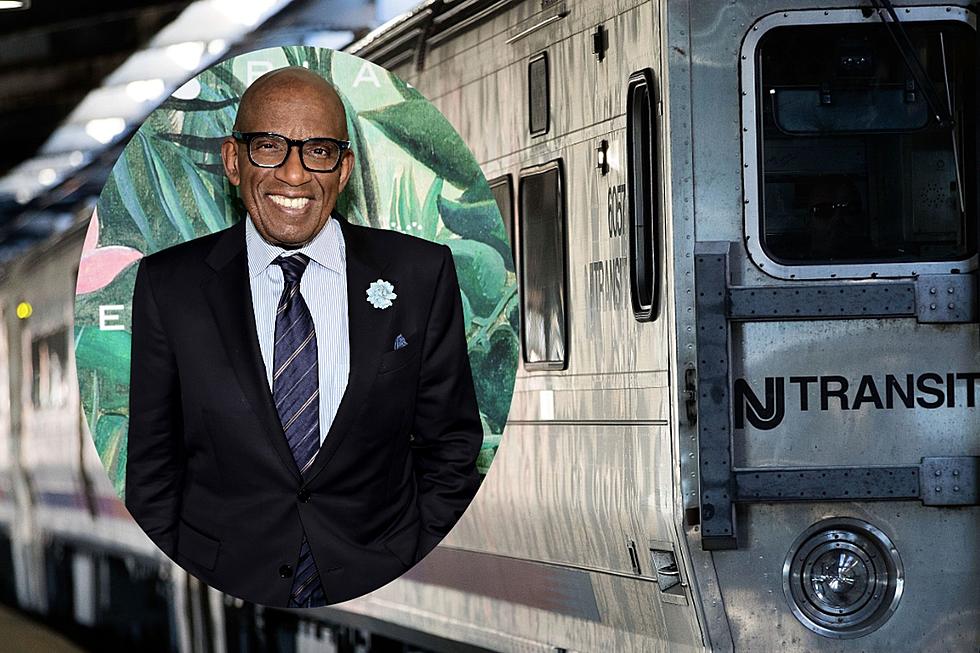
After getting $1.4B, NJ Transit asks for even more stimulus money
NJ Transit has teamed with several public transportation agencies including the MTA and SEPTA to make their case for a second helping of stimulus money.
The agencies received $25 billion from the first CARES Act in the spring and told. On Tuesday, their leaders said they needed additional direct financial assistance to cover their steep revenue losses due to drops in ridership.
NJ Transit President & CEO Kevin Corbett said that COVID-19 had a "devastating financial impact" on all public transportation agencies in the New York metropolitan area. He called the initial $1.4 billion NJ Transit received in the first CARES Act a "critical temporary funding bridge" to ensure that essential workers could continue to use the system.
While planning for NJ Transit's response to the pandemic, Corbett said "we thought our ridership would be down 90% which was unimaginable at the time. It's down 95%."
Corbett said a lack of funding would be a "body blow" and send the agency back to a time when public transportation systems were on the verge of collapse.
"For most states, the full impact of state budgets are unknown but we know they will be significant. New Jersey Transit is heavily reliant on state support for our operating expenses. Our mass transportation systems are the underpinnings of our respective economies," Corbett said.

Corbett said having a fully functioning transportation system as the economy returns to normal is critical to a recovery.
Patrick J. Foye, chairman and CEO of the MTA, did not give an exact number being sought in a second stimulus. Corbett said he was not prepared with an exact amount to be requested.
"It's roughly proportional to the MTA and where they came out with their initial request," Corbett said. The MTA requested $3.9 billion in the first CARES Act package and received it while NJ Transit asked for $1.25 billion and received $1.7 billion.
The agency heads acknowledged they face additional costs to equip trains and buses for social distancing protocols as more riders return.
"The 'mass' in 'mass transit' works against that but we have been working with labor and guidance with our department of health on best practices," Corbett said. "As the economy comes up, that will be a challenge that all of us are facing."
Corbett also praised the 12,000 workers of NJ Transit for keeping the system going during the COVID-19 pandemic.
"Public transportation is the backbone of not just our economy but also for essential public service. It's heroes moving heroes during this crisis," Corbett said, noting that nine NJ Transit employees have died from COVID-19.
NJ Transit opened a second COVID-19 testing site this week for its employees at Rowan University to help reach its goal of testing all employees.
House Speaker Nancy Pelosi on Tuesday unveiled a $3 trillion coronavirus aid proposal that would provide nearly $1 trillion for states and cities, hazard pay for essential workers and a new round of cash payments to individuals.
President Donald Trump has already signed into law nearly $3 trillion in aid approved by Congress.
Editor's Note: This story has been updated to reflect NJ Transit's report that it received $1.4 billion from the CARES act. Descriptions from some public officials, including members of New Jersey's federal delegation, had previously put the figure at $1.7 billion.
(Includes material copyright 2020 The Associated Press. All rights reserved. This material may not be published, broadcast, rewritten or redistributed.)
Contact reporter Dan Alexander at Dan.Alexander@townsquaremedia.com or via Twitter @DanAlexanderNJ
More from New Jersey 101.5:
Summer 2020 Canceled Events
More From New Jersey 101.5 FM









